A book is the imagination made manifest—worlds, characters, and ideas realized through pages and alchemized by readers. For Black History Month, we wanted to explore how culture and community nourish the soul, from the meals we share to the stories we tell. Family Style asked 15 Black artists, writers, and cultural figures to share a book by a Black author that has stayed with them. No rigid themes, no required reading, just books that linger, expand, and resonate, affirming the power of storytelling across time and place.
The selections span foundational texts by W.E.B. Du Bois and Angela Davis to literary classics from Zora Neale Hurston, Toni Morrison, James Baldwin and Octavia E. Butler. There are also poetry collections from Nikki Giovanni, Richard Wright, and Tracy K. Smith. Writings on healing and self-reflection sit alongside books that explore Black agricultural traditions and food sovereignty. Of course, contemporary voices like Brontez Purnell, Chimamanda Ngozi Adichie, and Ta-Nehisi Coates bring the conversation into the present.
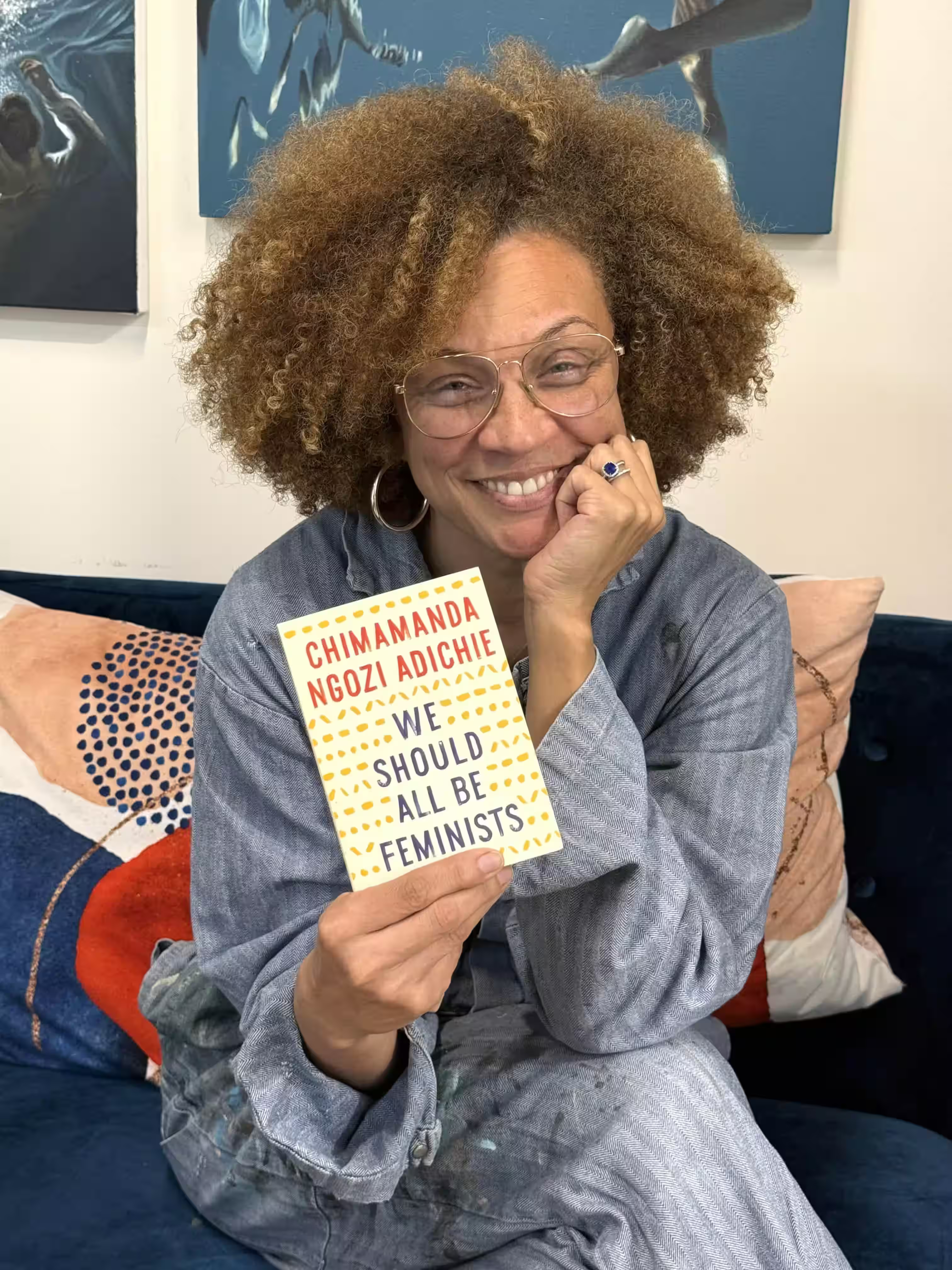
Image courtesy of Calida Rawles.
Calida Rawles, artist
On Chimamanda Ngozi Adichie, We Should All Be Feminists, 2014:
“In today’s political climate, where women’s rights—and, fundamentally, human rights—are being threatened, a book that challenges misconceptions about feminist theory and emphasizes basic compassion for others is more necessary than ever.”
Clifford Prince King, photographer
On Nikki Giovanni, Bicycles, 2009:
“These short and vibrant love poems have provided some much-needed warmth. Nikki Giovanni reminds me that almost anything can be romanticized and that sometimes it doesn't take much to make something or someplace feel special with a touch of love.”
Hannah Traore, gallerist
On W.E.B. Du Bois, The Souls of Black Folk, 1903:
“It’s haunting how relevant and relatable Du Bois’ words are today. The concept of Double Consciousness that he puts forth in the book, completely changed my understanding of the world and my perception of self. I reference it in my work, my conversations, and self-exploration.”
.avif)
Image courtesy of Miles Greenberg.
Miles Greenberg, artist
On Brontez Purnell, 100 Boyfriends, 2021:
“I could’ve easily told you to read James Baldwin—or Toni Morrison, or Hilton Als, or Octavia Butler, or Robin Coste-Lewis (Coste-Lewis’ To the Realization of Perfect Helplessness, 2022, was the book I gifted to people the most often in 2024)—but I’m sure someone else is going to do that, so here’s something very different. Brontez is a treasure, and you should know who he is.”
Cassandra Pintro, producer
On Toni Morrison, Sula, 1973:
“I spend a lot of time with this edition of Sula’s foreword, where Morrison invites readers into her mind while still drawing a clear line in the sand for critics. She offers a generous glimpse into her ‘why,’ with an alternative introduction. There’s something powerful about an artist who doesn’t defend their work but instead remains unapologetic about its creation, and the pages that follow are nothing short of a masterpiece. It’s sex, it’s poetry, it’s pain, it’s sisterhood—and, best of all, it’s timeless.”
Allison Janae Hamilton, artist
On Richard Wright, Haiku: This Other World, 1998:
“Richard Wright, a Mississippian, wrote these verses of haiku in France during the last 18 months of his life. I always come back to them, not only because I am a fellow Southerner likewise drawn to nature, but because of the complexity of emotions contained in these short, elegant lines.”
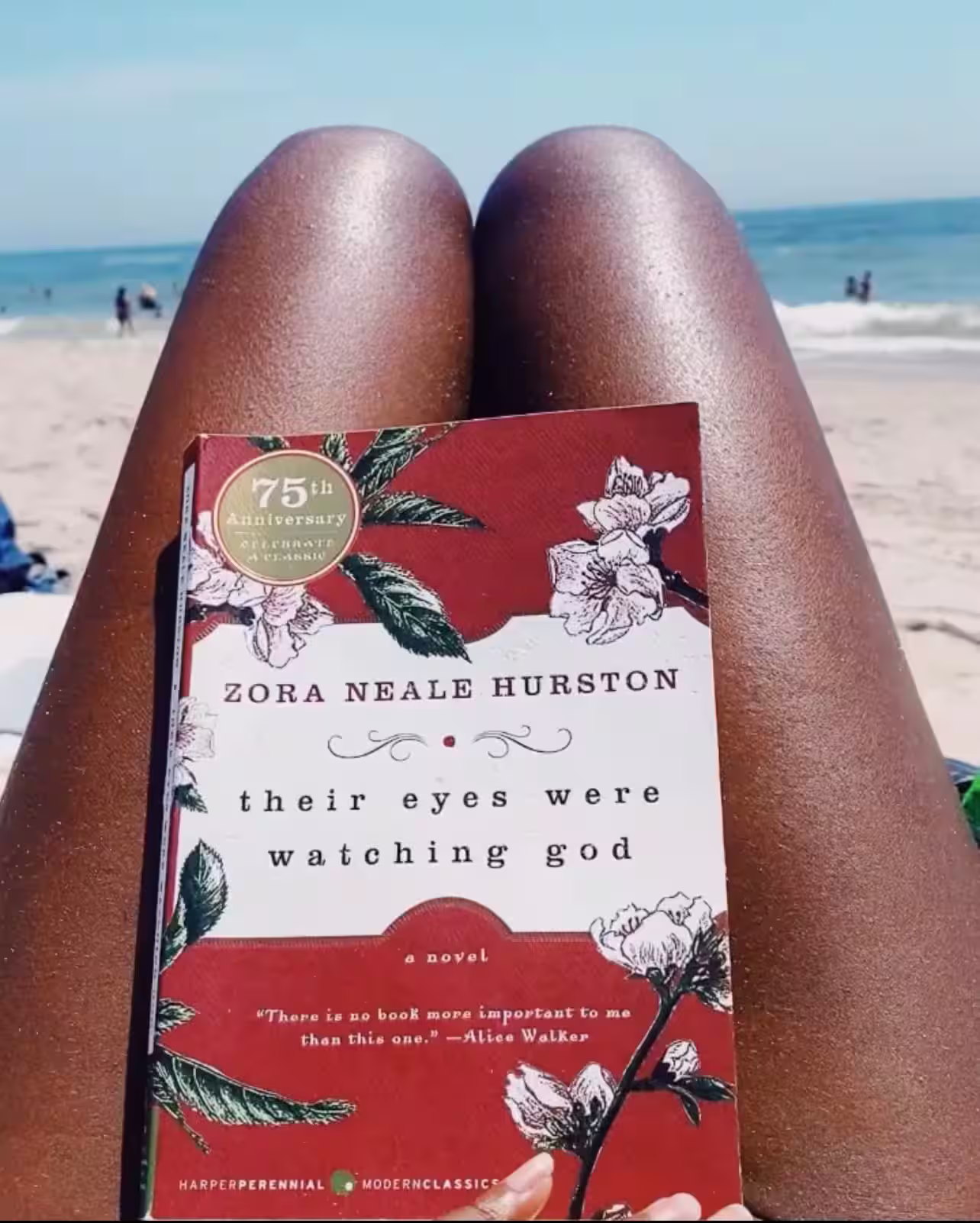
Image courtesy of Tahirah Hairston.
Tahirah Hairston, writer
On Zora Neale Hurston, Their Eyes Were Watching God, 1937:
“My first time reading it was in high school. It was then that I was able to understand what a liberated woman was, the journey it takes to find yourself, and the difference between ownership and love. I will also always love this novel because Zora Neale Hurston helped establish Black English’s importance in the literary world, no matter what criticism she got from other writers, even Black ones.”
Jeanie Annan-Lewin, stylist
On Angela Davis, Women, Race, & Class, 1981:
“I first read this book during a time when I was searching for my voice after attending a predominantly white university. I was deeply passionate about women's treatment in society, especially how people perceived and responded to me as a young, Black woman navigating the world. I remember finishing the book in just a few days, and suddenly, so much began to make sense.”
Sandrine Charles, publicist and co-founder of the Black in Fashion Council
On Dr. Anita Phillips, The Garden Within: Where the War with Your Emotions Ends and Your Most Powerful Life Begins, 2023:
“This is a book to recalibrate your mind and nervous system to be the best version of yourself. It is essentially a guide to empowerment and self love. I really enjoyed using it as a soundboard to realign after a busy season. This book really energized me to refine and improve aspects of myself that perhaps fell short in the previous season.”
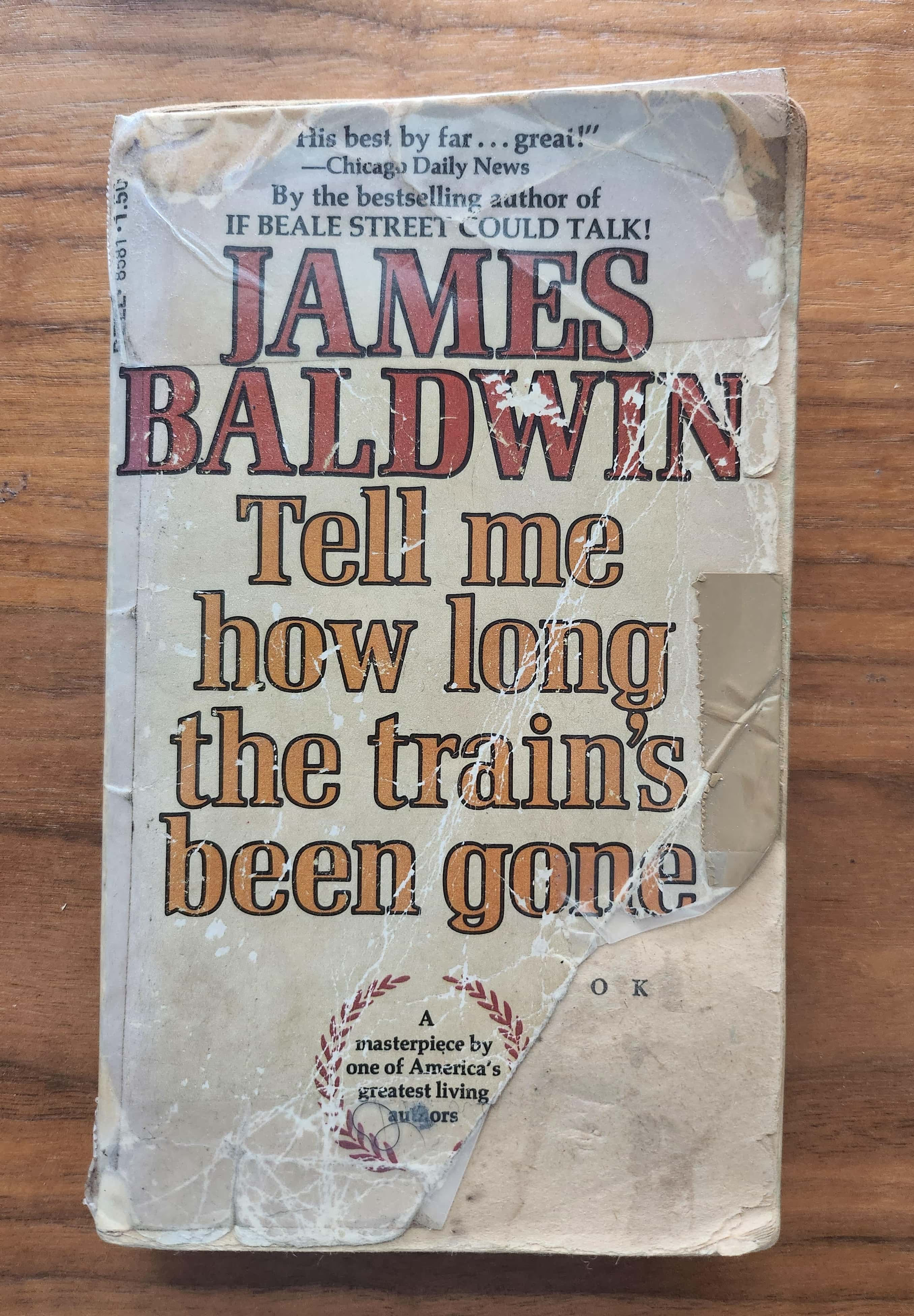
Image courtesy of Marcus Leslie-Singleton.
Marcus Leslie-Singleton, artist
On James Baldwin, Tell Me How Long the Train’s Been Gone, 1968:
“This title has been my favorite book for many years as it deals with growing pains and queer love in New York City.”
Tara Thomas, chef
On Leah Penniman, Farming While Black: Soul Fire Farm, 2018:
“Back in 2020 when the world went quiet, I committed myself to urban farming, which allowed me to grow a deep connection with my grandmother and great-grandmother, both of whom were raised on the prairies of northern Louisiana completely off-grid. However there wasn’t clarity on how they arrived there other than a fire. Through my reading of this text I learned about widespread arson attacks on Black communities that threatened white economic structures. This book is of immense value to anyone who desires to make a deep connection to land while holding the hands of their ancestors.”
Alteronce Gumby, artist
On Octavia Butler, Wild Seed, 1980:
“This book planted a seed in my imagination that continues to grow, deepening my appreciation for science fiction, alternate histories, and new ways of seeing the world. Having read the entire “Patternist” series, I can confidently say this book continues to haunt me to this day.
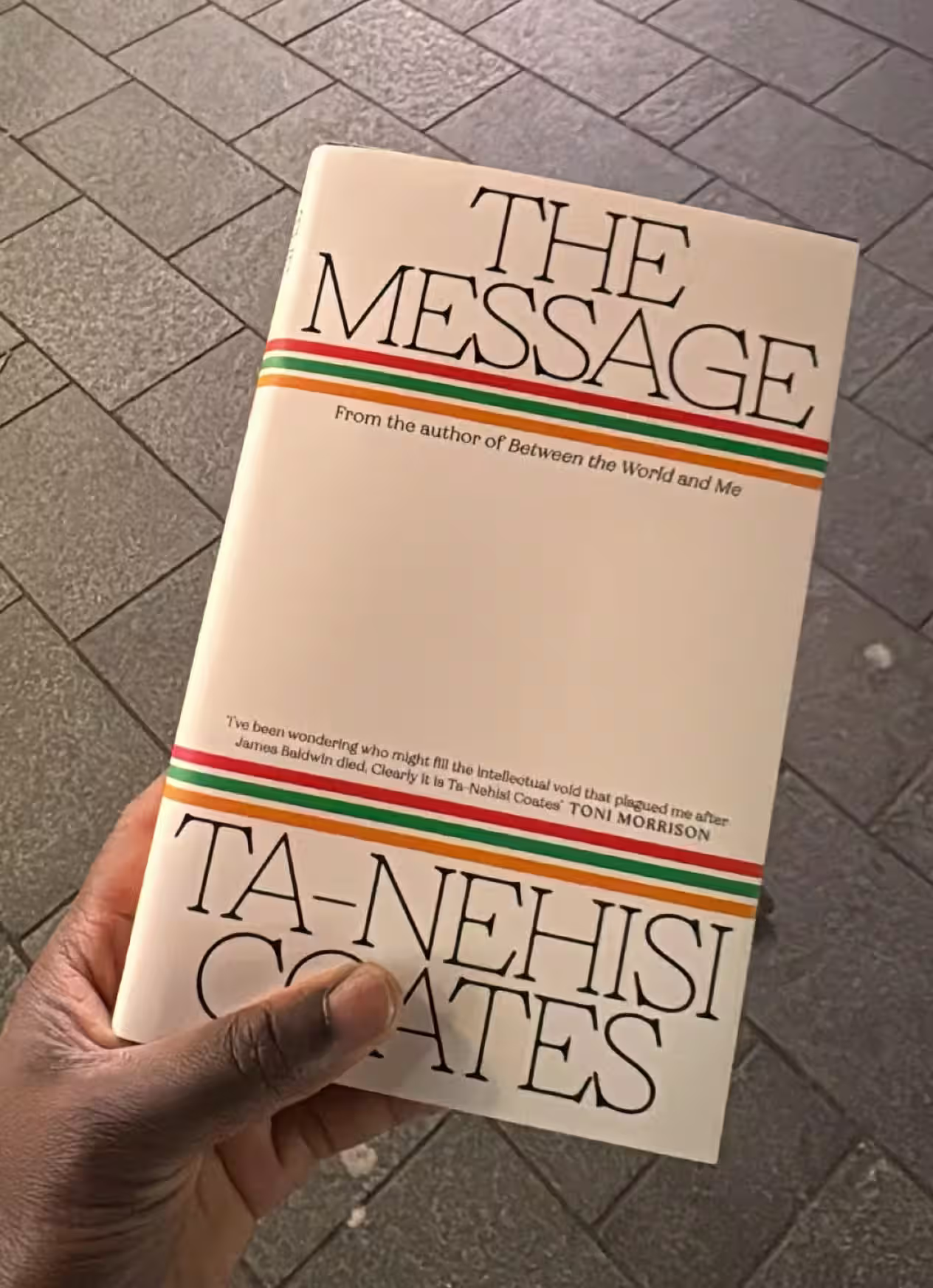
Image courtesy of Jason Okundaye.
Jason Okundaye, writer
On Ta-Nehisi Coates, The Message, 2024:
“Coates has been one of the most foundational writers for a generation of Black journalists for his sobering, devastating moral clarity and his instructiveness in always orienting justice in the work we pursue. In The Message, through his trips to Dakar, South Carolina, and Palestine, he re-emphasises how journalism can either conceal or elucidate injustice. This is a recent publication that will remain beyond the rest of our lives.”
Dominic Chambers, artist
On Tracy K. Smith, Life on Mars, 2011:
“On walks through the woods or circling a greenfield, my mind would venture into the vastness of Tracy K. Smith’s poetry. She mused about the stars, sci-fi, love, God, and even David Bowie. In my work, I am interested in interior life, the surreal, and the skill necessary to articulate and share a measure of what has astonished me. My painting The Weather in Space, 2023, references the introductory poem in the book.
Moses Sumney, musician
On Audre Lorde, Sister Outsider, 1984:
“A foundational text for understanding womanism, empathy, and questioning the patriarchy.”






.avif)



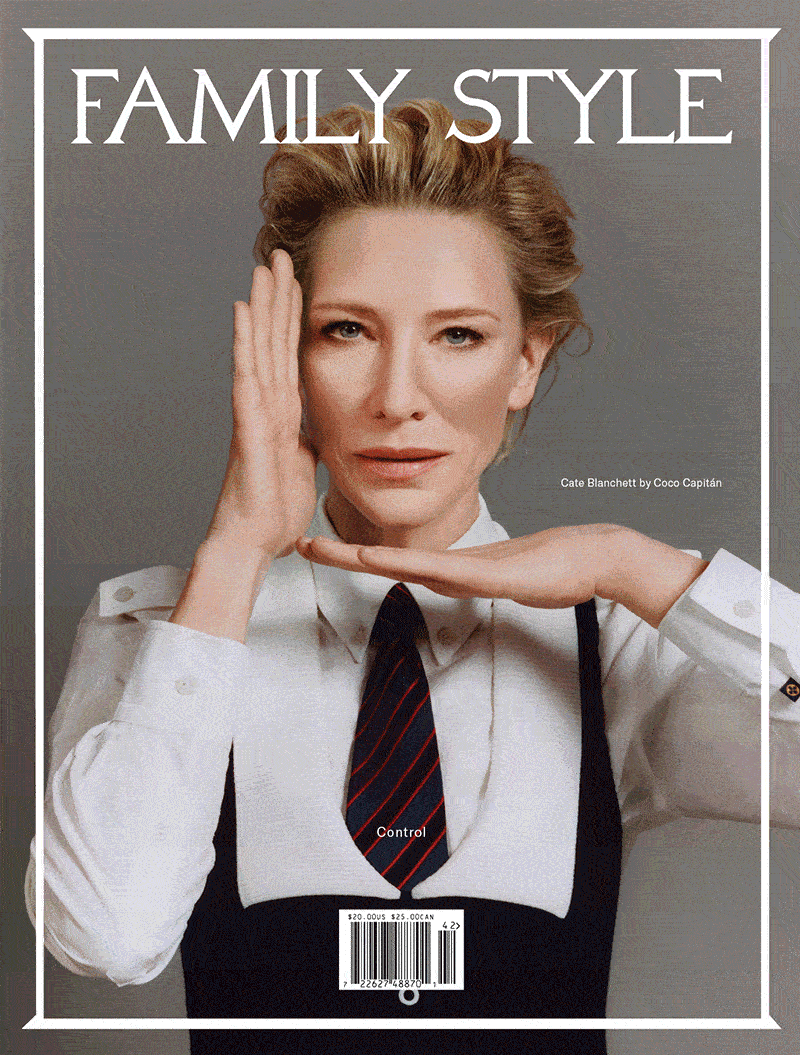


.avif)

